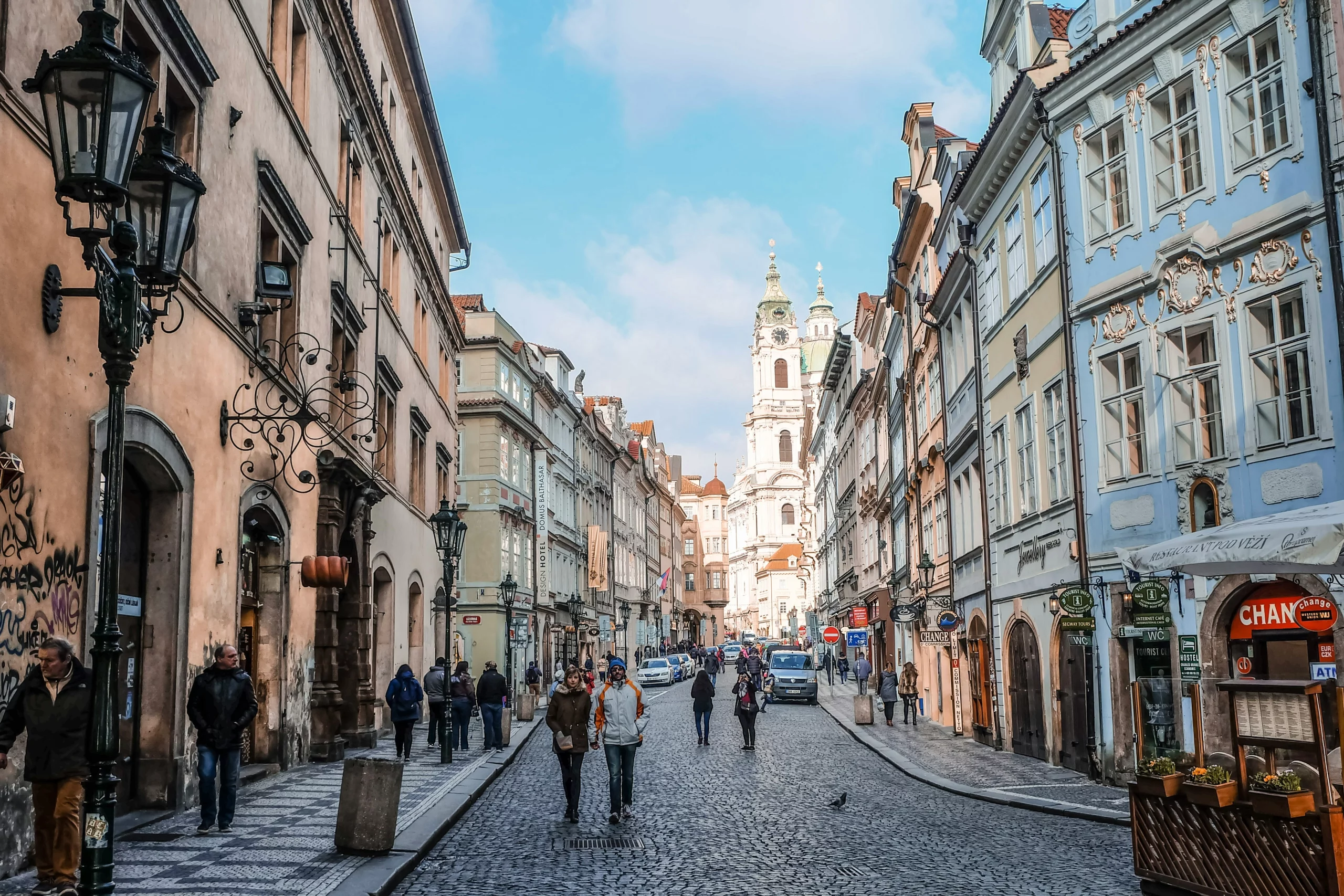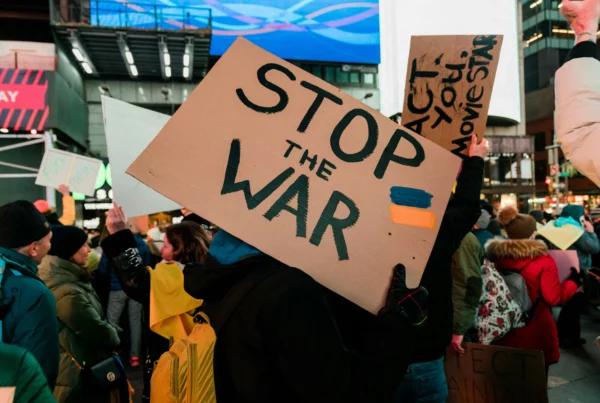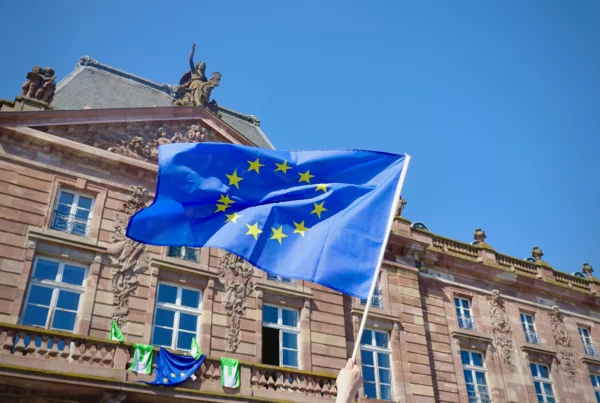Decentralised Development Cooperation Report #1: a European overview
The first Decentralised Development Cooperation (DDC) Report provides a unique snapshot of how local and regional governments (LRGs), their associations, and civil society actors engage in international cooperation. Based on a Europe-wide survey), it presents results from 37 contributions from 27 LRGs, 9 associations, and 1 NGO across 11 countries.
The evidence on decentralised cooperation projects and partnerships, collected via the survey will support CEMR and PLATFORMA’s advocacy with stronger knowledge, better coordination, and a deeper understanding of enabling factors and challenges.
The first edition of the DDC Report highlights:
- DDC is a priority for many – Over 80% of respondents consider DDC important or very important for their work.
- Multi-actor character – Partnerships often involve not just LRGs, but also civil society organisations, educational institutions, public utilities, and in some cases, private sector actors.
- Persistent challenges – Limited resources, lack of expertise, and the short-term nature of project-based cooperation remain barriers for scaling up.
- Funding outlook – main funding channels include combination of national government funding, own resources, and the European Commission. 𝟮𝟳,𝟬𝟯% 𝗼𝗳 𝗿𝗲𝘀𝗽𝗼𝗻𝗱𝗲𝗻𝘁𝘀 expect their DDC budget share to grow in 2025, suggesting cautious optimism.
This article is part of a new series of reports mapping decentralised development cooperation across Europe. The second report will explore opportunities and challenges for DDC partnerships, effects of implemented DDC activities and provide details of selected DDC projects. Stay tuned!
Read the full Mindcraft DDC Report #1, available in English, French, Spanish, and German.
CEMR encourages European and national authorities to strengthen the role of LRGs in development policy, not only as implementers, but also as strategic partners helping shape a more resilient, inclusive, and effective development agenda.
This report is produced within the Bridging and Mapping Knowledge Gaps in Decentralised Cooperation (Mindcraft), funded by the German Federal Ministry for Economic Cooperation and Development (BMZ) and supported by the Deutsche Gesellschaft für Internationale Zusammenarbeit (GIZ).
For more information, contact:

Research Analyst – Decentralised Cooperation






